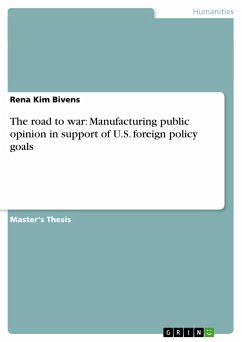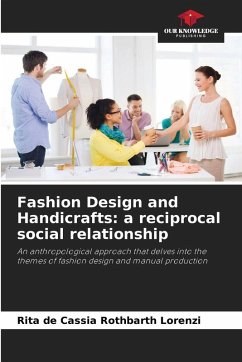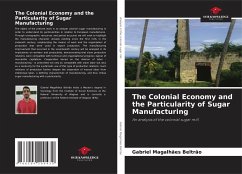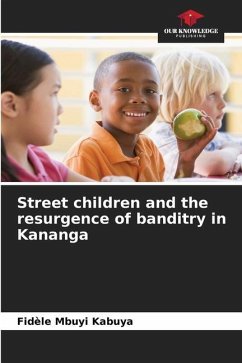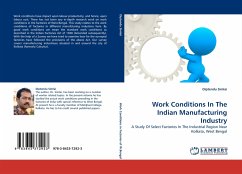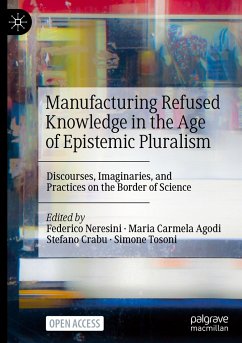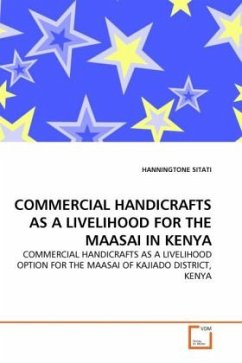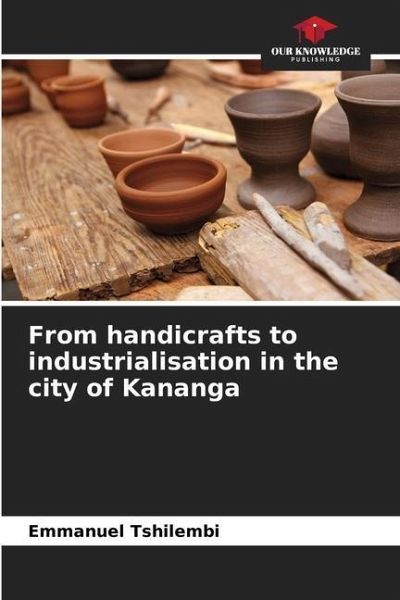
From handicrafts to industrialisation in the city of Kananga
Versandkostenfrei!
Versandfertig in 6-10 Tagen
27,99 €
inkl. MwSt.

PAYBACK Punkte
14 °P sammeln!
The practice of artisanal activity in Kananga presents several possibilities for its industrialisation that can influence its emergence. The practice of artisanal production of goods as a basis for industrialisation in Kananga must cease to be practised in a restricted, rudimentary and family context. It will be in line with the logic of the prospective approach, i.e. to have the aim of eliciting reactions to its future, to determine its "images of the future". This approach must present a certain coherence in the change. The staging of a manufacturing industry which will progress from the pra...
The practice of artisanal activity in Kananga presents several possibilities for its industrialisation that can influence its emergence. The practice of artisanal production of goods as a basis for industrialisation in Kananga must cease to be practised in a restricted, rudimentary and family context. It will be in line with the logic of the prospective approach, i.e. to have the aim of eliciting reactions to its future, to determine its "images of the future". This approach must present a certain coherence in the change. The staging of a manufacturing industry which will progress from the practice of craft activity. The creation of art and craft schools or higher institutes of art and craft may well facilitate the transition from empiricism to systematisation. By investing in the practice of craft activities, the city of Kananga will save its material and human resources. In two decades, it will move from the ideology of ignorance, wait-and-see attitude and imitation to that of creativity, invention and know-how.




